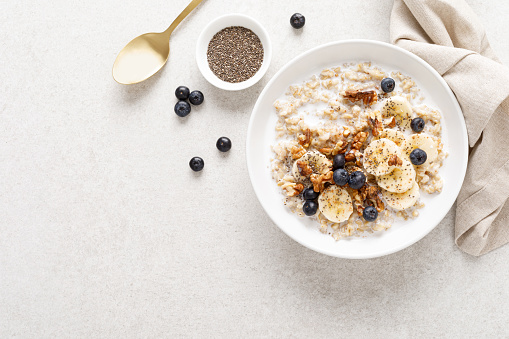Maintaining a healthy gut is crucial for overall health and well-being. While there are many factors that contribute to gut health, emerging research suggests that fermented foods may play a significant role in promoting a healthy gut microbiome. Fermented foods are rich in beneficial bacteria, which can help to improve digestion, boost the immune system, and reduce inflammation. In this blog, we’ll explore the benefits of fermented foods for gut health and how you can incorporate them into your diet.
Understanding Gut Health
The gut is home to trillions of bacteria that play a crucial role in digestion, immune function, and overall health. When the balance of bacteria in the gut is disrupted, it can lead to a variety of health issues, including digestive problems and immune dysfunction.
How Fermented Foods Can Help
Fermented foods can provide numerous benefits for gut health, including improving digestion, boosting the immune system, and reducing inflammation. Here are a few of the ways that fermented foods may help:
Improving Digestion
Fermented foods are rich in beneficial bacteria, which can help to improve digestion by promoting the growth of beneficial bacteria in the gut. This can lead to better absorption of nutrients and improved digestion overall.
Boosting the Immune System
Fermented foods can help to boost the immune system by promoting the growth of beneficial bacteria in the gut. A stronger immune system can help to fight off harmful pathogens and reduce the risk of infections.
Reducing Inflammation
Fermented foods can help to reduce inflammation in the gut by promoting the growth of beneficial bacteria. Chronic inflammation in the gut can contribute to a variety of health issues, including digestive problems and immune dysfunction.
The Best Fermented Foods for Gut Health
Not all fermented foods are created equal when it comes to gut health. Here are a few of the best fermented foods for promoting a healthy gut microbiome:
Yogurt
Yogurt is a fermented food that is rich in beneficial bacteria, including Lactobacillus acidophilus and Bifidobacterium bifidum. It can help to improve digestion, boost the immune system, and reduce inflammation.
Kefir
Kefir is a fermented milk drink that is rich in beneficial bacteria, including Lactobacillus kefiri and Bifidobacterium lactis. It can help to improve digestion, boost the immune system, and reduce inflammation.
Sauerkraut
Sauerkraut is a fermented cabbage dish that is rich in beneficial bacteria, including Lactobacillus plantarum and Leuconostoc mesenteroides. It can help to improve digestion, boost the immune system, and reduce inflammation.
Tips for Incorporating Fermented Foods into Your Diet
Here are a few tips for incorporating fermented foods into your diet to support gut health:
Start Small
If you’re new to fermented foods, start small and gradually increase your intake to avoid digestive discomfort.
Choose High-Quality Fermented Foods
When selecting fermented foods, choose high-quality options that are free from added sugars and preservatives.
Make Your Own Fermented Foods
Making your own fermented foods, such as yogurt or sauerkraut, can be a fun and cost-effective way to incorporate these foods into your diet.
Conclusion
Maintaining a healthy gut is crucial for overall health and well-being. While there are many factors that contribute to gut health, emerging research suggests that fermented foods may play a significant role in promoting a healthy gut microbiome. By incorporating fermented foods into your diet, you can improve digestion, boost the immune system, and reduce inflammation. It’s important to choose high-quality fermented foods and start small to avoid digestive discomfort. By working with a healthcare professional or registered dietitian, you can develop a gut health plan that’s tailored to your individual needs and goals.






